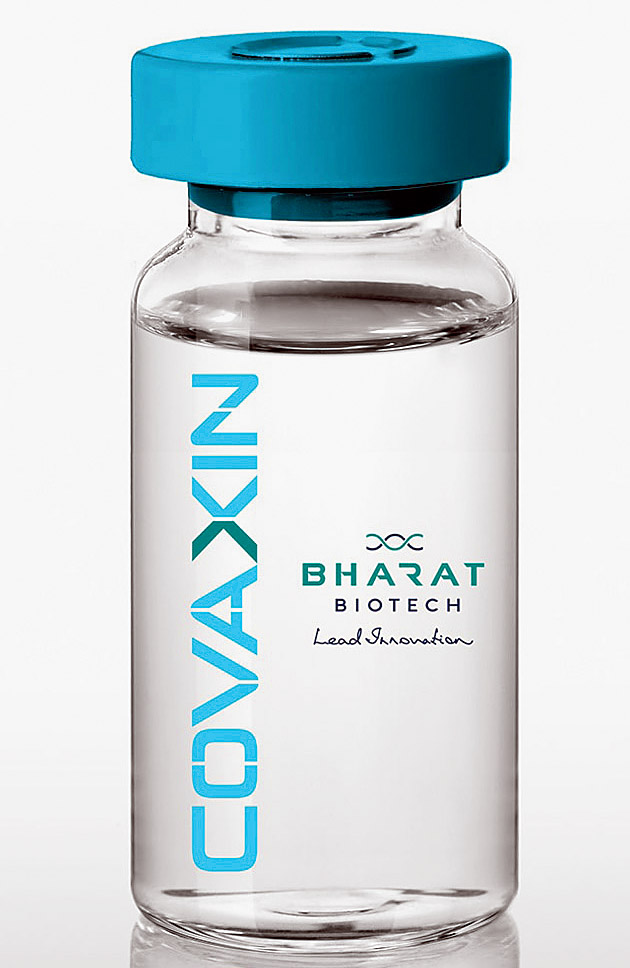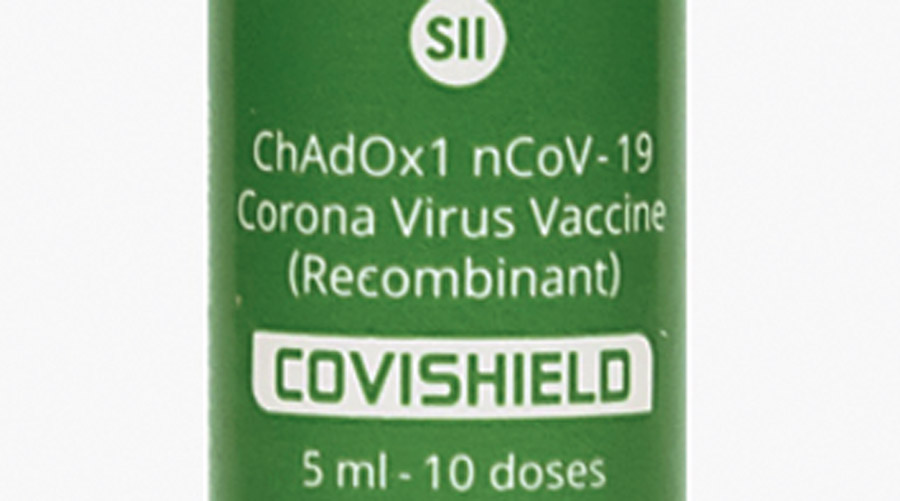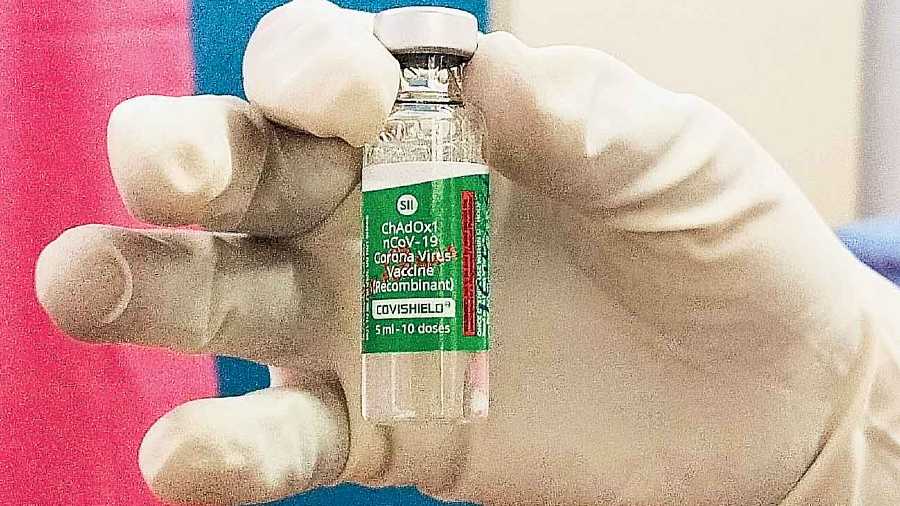A Covid-19 vaccination regimen with Covishield as the first dose and Covaxin as the second appears superior to the current prescription of two doses of the same vaccine, government researchers said on Sunday after probing an accidental mix-up.
The researchers with the Indian Council of Medical Research (ICMR) said their findings suggested that immunisation with Covishield as the first dose and Covaxin as the second after six weeks was “safe and elicits better” immune responses than two doses of either vaccine.
The ICMR team analysed post-vaccination immune responses in 11 men and 7 women in Audai Kalan, a village in eastern Uttar Pradesh, who had inadvertently been administered Covaxin six weeks after they had received Covishield.
But the researchers have also cautioned that the findings from their analysis of a “serendipitous Covid-19 vaccine mix-up” need to be validated through a larger, randomised trial from sites across the country.

Covaxin. The Telegraph
The two vaccines use different immunisation strategies. Covishield contains a harmless adenovirus genetically engineered to produce the spike proteins of SARS-CoV-2, the virus that causes Covid-19. Covaxin contains inactivated (or killed) SARS-CoV-2 particles.
The ICMR study, described as the world’s first to probe a combined dosage of the adenovirus vaccine and an inactivated virus vaccine, noted significantly higher levels of neutralising antibodies in recipients of the combination.
These antibodies were able to neutralise the highly contagious Alpha, Beta and Delta coronavirus variants, Pragya Yadav, a scientist at the ICMR’s National Institute of Virology, Pune, and her colleagues said in their study.
If the findings are validated, the researchers said, such mixed regimens could “help overcome the challenges of shortfall of particular vaccines” and generate improved immune responses against variants.
India’s currently limited vaccine supplies can translate into shortages whenever the demand for vaccination increases at any site. Health experts say that if a combination proves as good as or superior to a same-vaccine, two-dose regimen, it could help alleviate the temporary shortages of specific vaccines.
Scientists in other countries are already exploring options to combine Covid-19 vaccines based on different immunisation strategies as a possible way of enhancing the immune responses.
German researchers had earlier this year compared immune responses in healthcare workers who had received either two doses of the Pfizer-BioNTech vaccine or the Pfizer-BioNTech vaccine as the initial dose and the AstraZeneca vaccine after 10-12 weeks.
The overall antibody responses were strong and comparable in both the regimens. The researchers had also said the combination regimen might help optimise logistics, improve immune responses and mitigate the intermittent supply shortages of individual vaccines.












